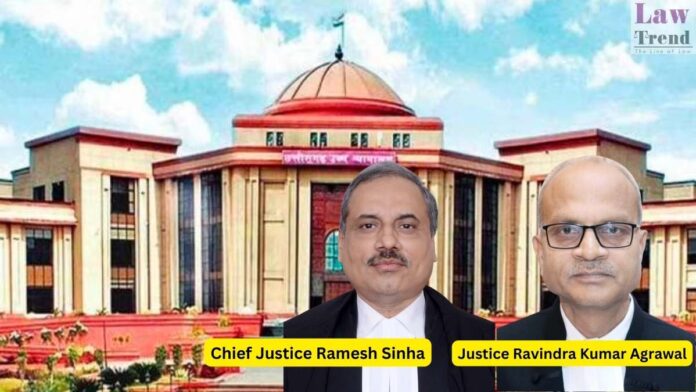In a significant ruling, the Chhattisgarh High Court has dismissed a petition filed by Sister Mercy @ Elizabeth Jose, a nun and teacher at Carmel Convent School in Ambikapur, Surguja District, accused of abetting the suicide of a sixth-grade student, Archisha Sinha. The case, registered under Crime No. 34/2024, has drawn considerable attention due to
To Read More Please Subscribe to VIP Membership for Unlimited Access to All the Articles, Download Available Copies of Judgments/Order, Acess to Central/State Bare Acts, Advertisement Free Content, Access to More than 4000 Legal Drafts( Readymade Editable Formats of Suits, Petitions, Writs, Legal Notices, Divorce Petitions, 138 Notices, Bail Applications etc.) in Hindi and English.




